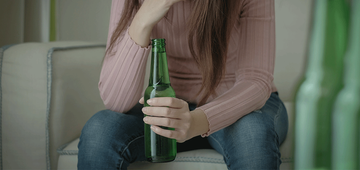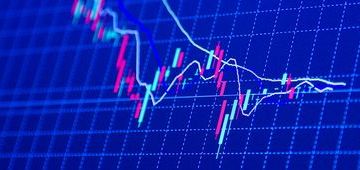- 02 August 2024
RSPH is calling on the drinks industry and newly appointed EU Health Commissioner to introduce calorie labelling for alcoholic drinks.
The call follows newly released research from the RSPH which shows strong public backing for the move, and a general lack of awareness among consumers about the calories contained in alcoholic drinks.
The European Commission has already publicly committed to make a decision by December 2014 on extending nutrition labelling (including calorie labelling) on alcoholic products. Alcoholic beverages are currently not recognised as food and are therefore exempted, under existing European legislation, from normal food labelling.
Shirley Cramer CBE, Chief Executive of RSPH said: “Calorie labelling has been successfully introduced for a wide range of food products and there is now a clear public appetite for this information to be extended to alcohol to help individuals make informed choices. With 2 in 3 adults overweight or obese and given that adults who drink get approximately 10 percent of their calories from alcohol, this move could make a major difference to waistlines of the nation.”
The RSPH research found that:
- Over two-thirds (67%) of the public actively support the addition of calorie labels on packaging of alcohol drinks;
- Over 80% of the public did not know or incorrectly estimated the calorie content of a large glass (250ml) of wine;
- Almost 90% did not know or incorrectly estimated the calories in a pint of lager.
Shirley added that: “While we continue to back unit labelling for alcoholic drinks, we believe that many people find calorie labelling easier to translate into their everyday lives. We know that the EU Commission is due to publish it’s findings on extending nutritional labelling to alcohol in December and would be extremely surprised if they didn’t back this measure to improve the public’s health.”
RSPH also conducted an experiment in a pub to find out if displaying calories on drinks menus changed drinking behaviour. Those presented with calorie information each consumed on average 400 calories less than those who were oblivious to the calorie content of their drinks. While only a small scale experiement, the participants did use the calorie information to inform their drink choices.



